13 GPTs for Skills Analysis Powered by AI for Free of 2025
AI GPTs for Skills Analysis are advanced computational tools powered by Generative Pre-trained Transformers designed to evaluate, interpret, and enhance skills in various domains. These tools leverage the latest in machine learning and natural language processing technologies to provide bespoke solutions for assessing and developing individual or group competencies. Their relevance lies in their ability to offer tailored insights and recommendations for skill improvement, making them invaluable in education, career development, and organizational growth contexts.
Top 10 GPTs for Skills Analysis are: Talent Sourcer,Career Matchmaker,Resume Matcher,Resume Insights,Professional Pivot: Coach to Other Careers,Co-Founder ID,Thomas & FCB Matchmaker,ResumeRaft,🎯 Workforce Evolution Strategist 🚀,🛠️ Workforce Skills Gap Bot 🤖
Talent Sourcer
Streamlining Recruitment with AI
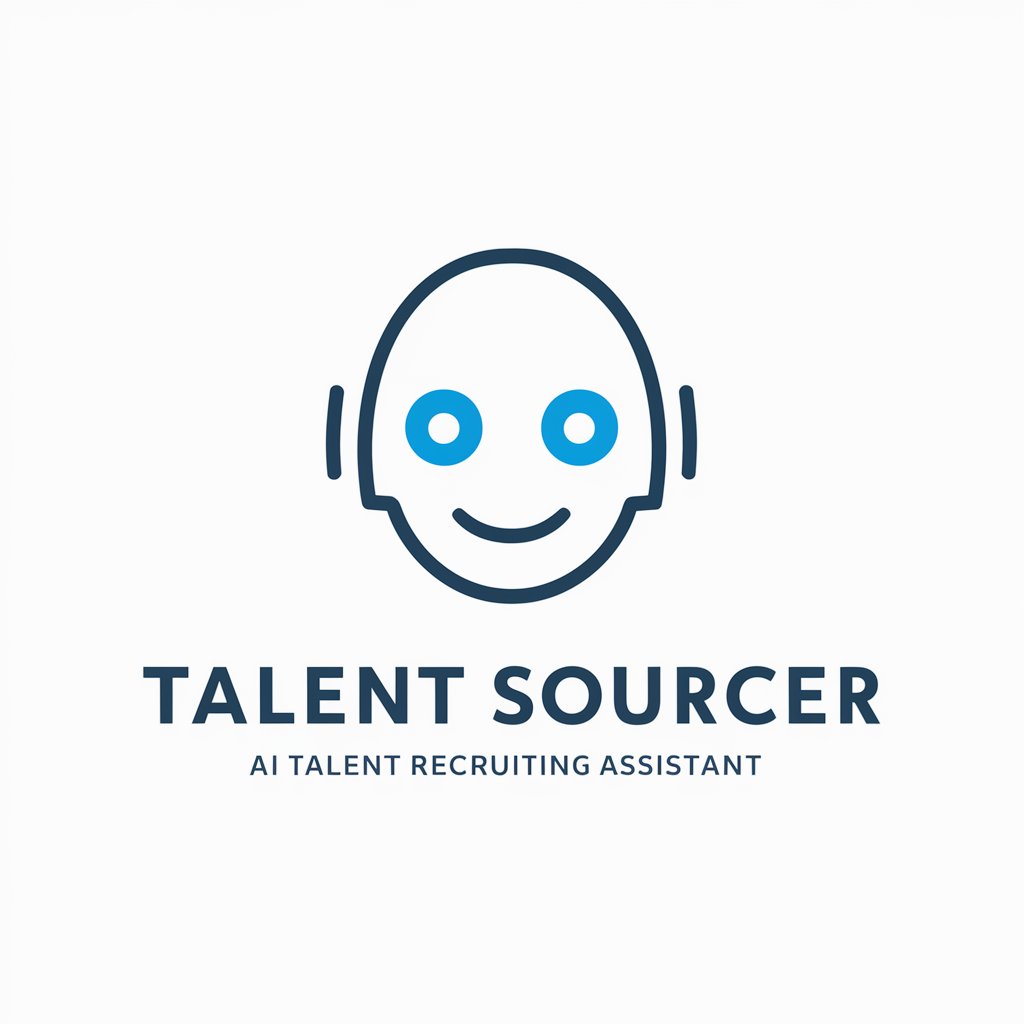
Career Matchmaker
Navigate Your Career Path with AI

Resume Matcher
Optimize Your Resume with AI Precision
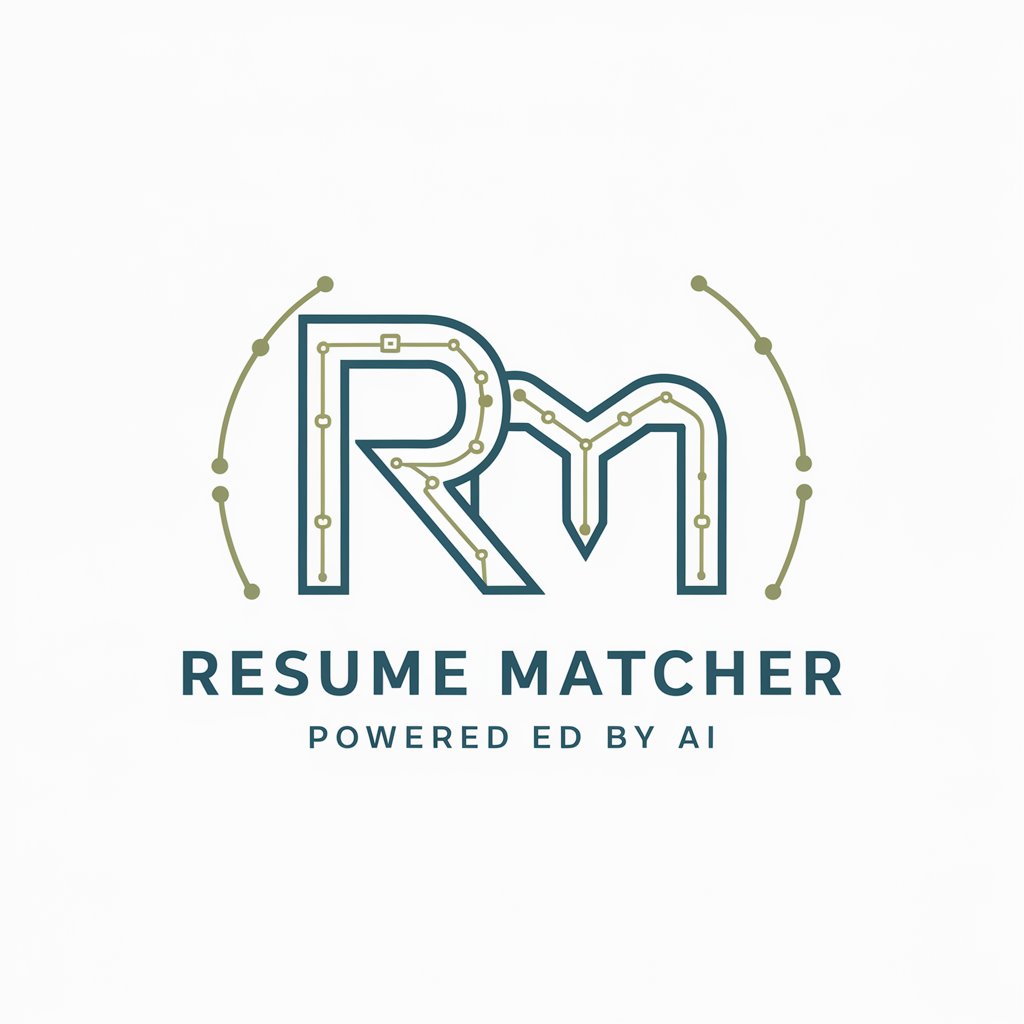
Resume Insights
Empower Your Job Search with AI
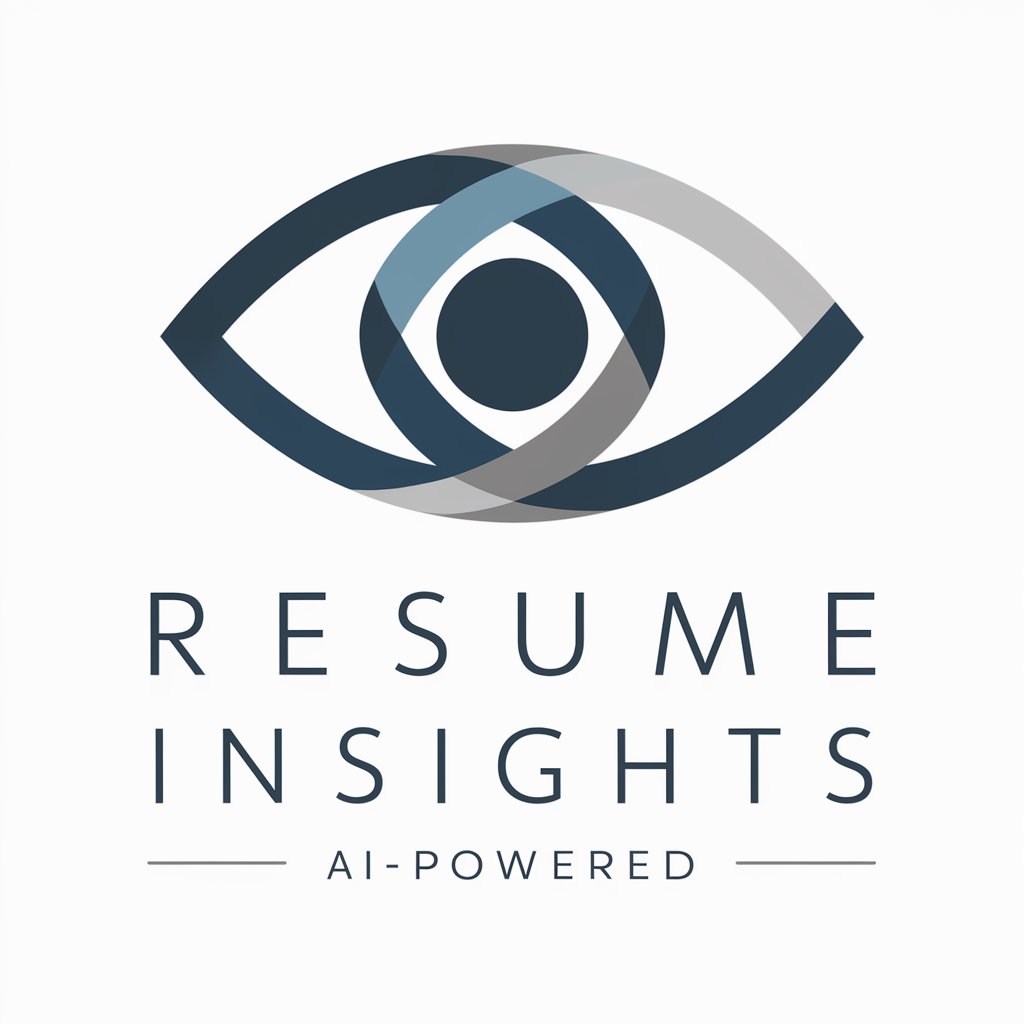
Professional Pivot: Coach to Other Careers
Navigating career pivots with AI insight.

Co-Founder ID
AI-powered Co-Founder Matching Tool

Thomas & FCB Matchmaker
Connecting Talent with Opportunity through AI
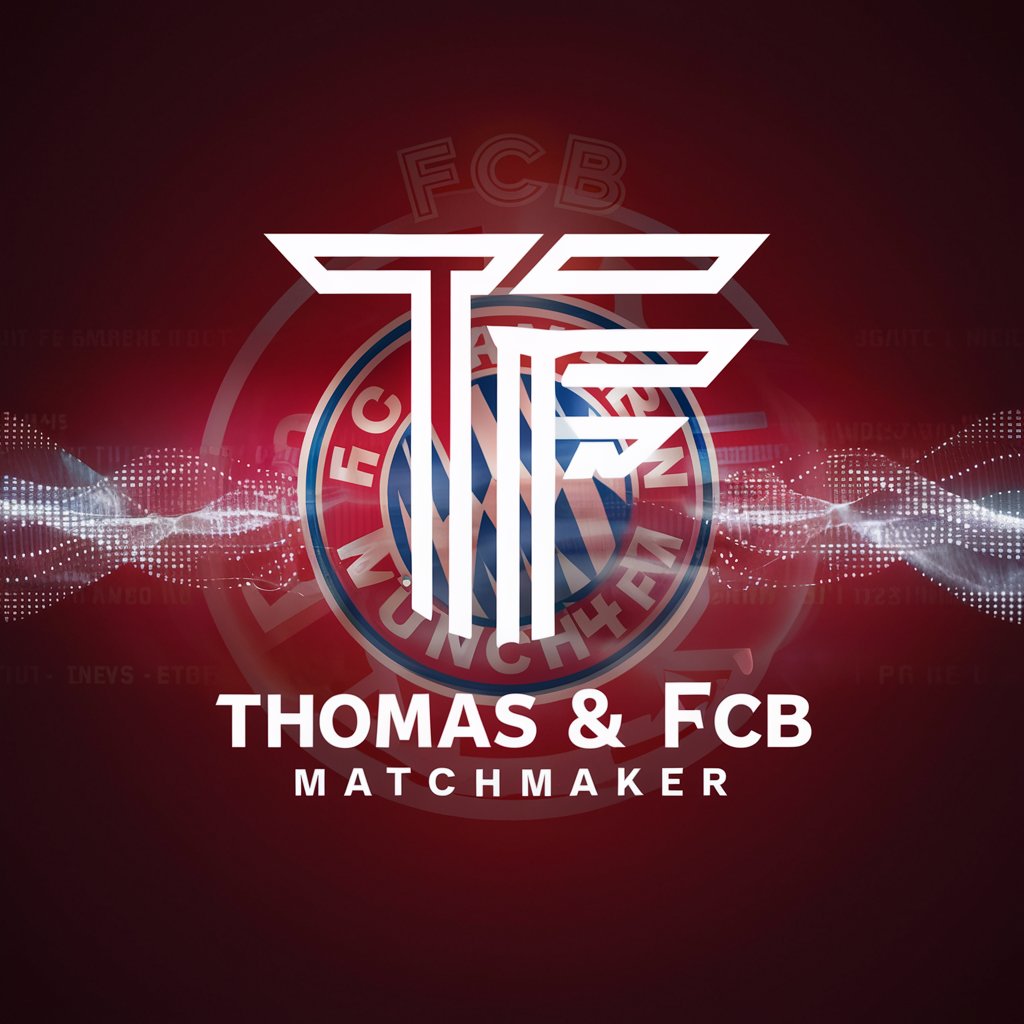
ResumeRaft
Craft Your Path, Powered by AI
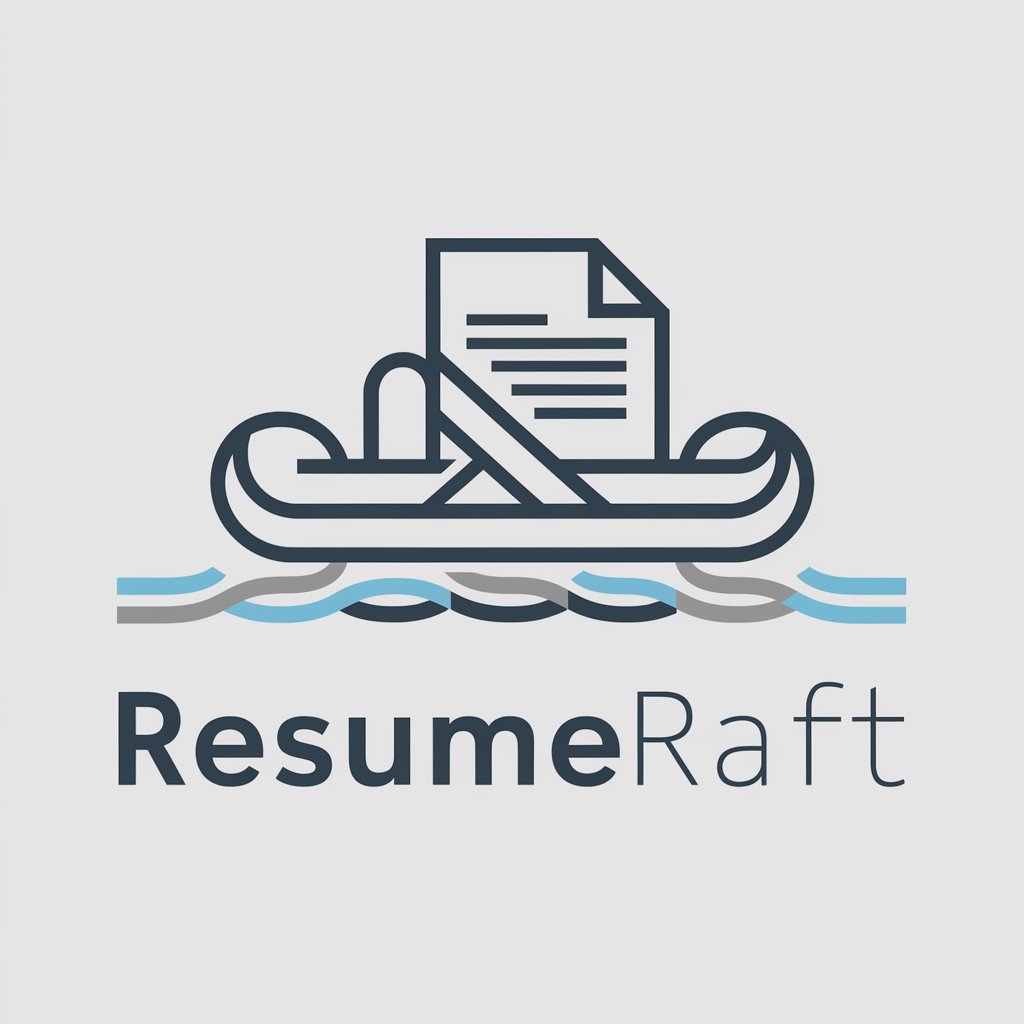
🎯 Workforce Evolution Strategist 🚀
Empower your workforce with AI-driven strategies

🛠️ Workforce Skills Gap Bot 🤖
Bridging Skills Gaps with AI
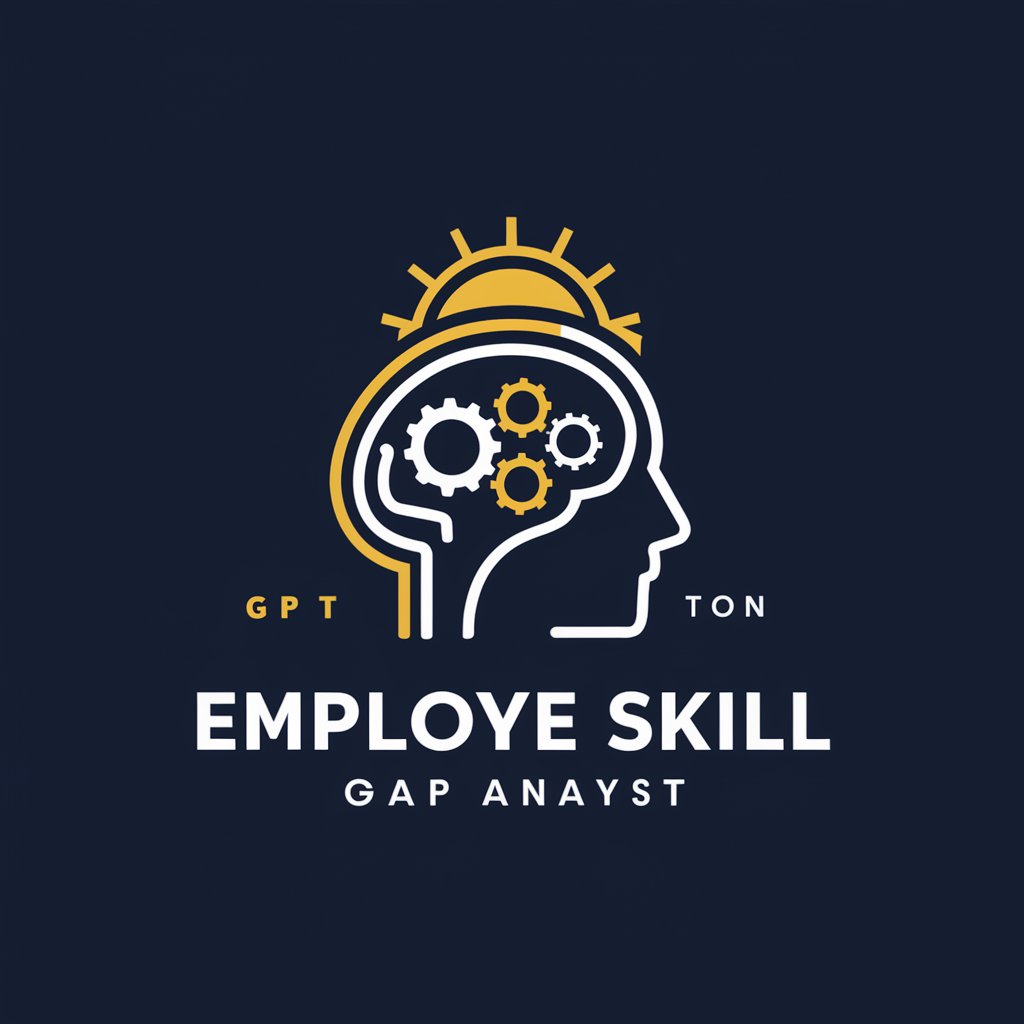
🧠✨ Workforce Evolution Strategist 🚀
Empower Your Workforce with AI
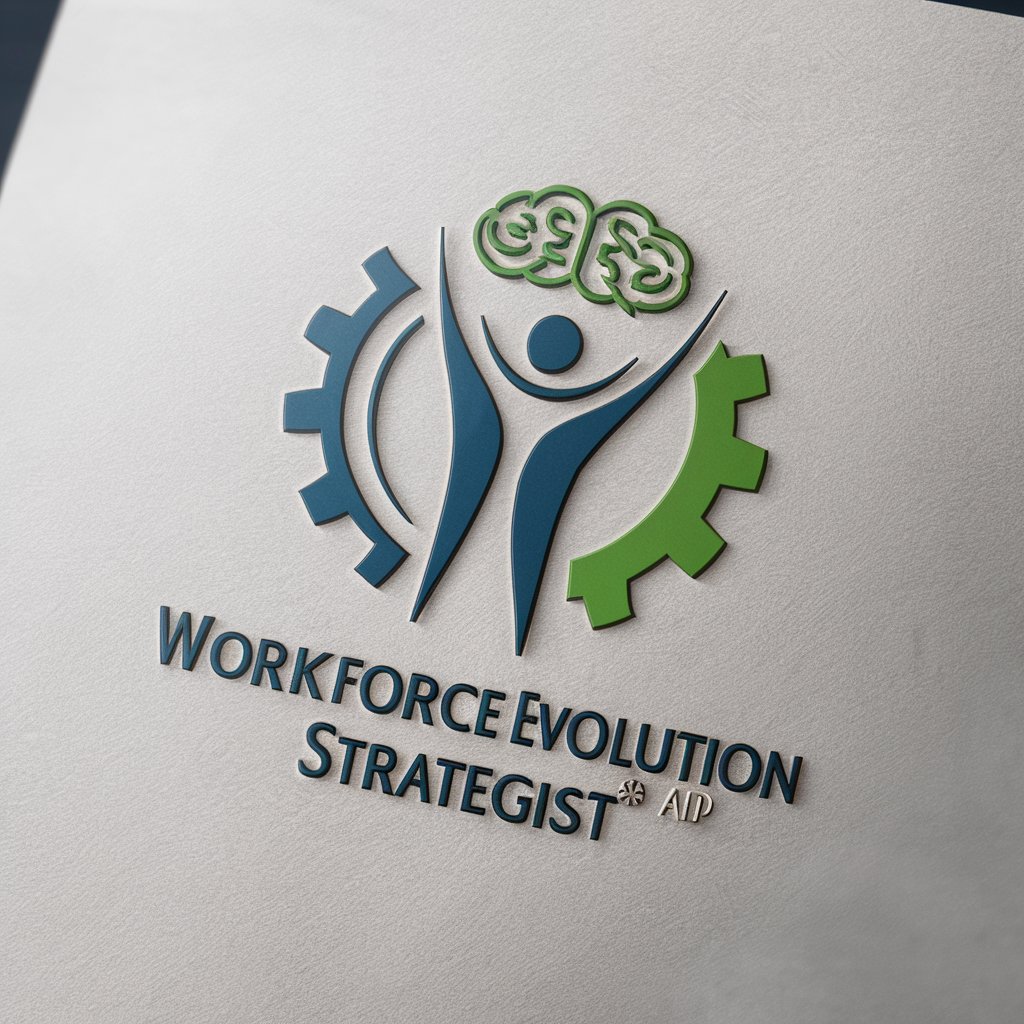
Career Assistant
Empowering Your Career Journey with AI

Job Skills Definer
Defining Skills with AI Precision
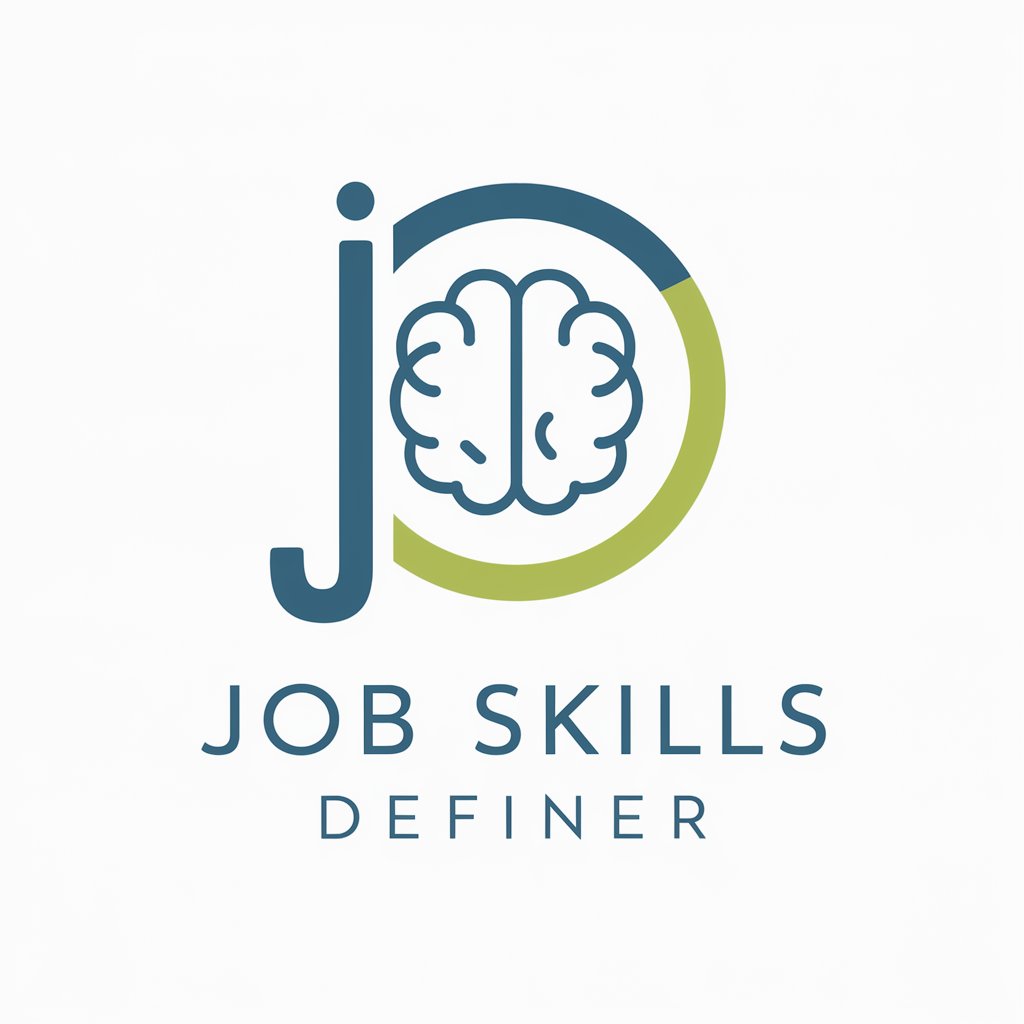
Key Capabilities of AI GPTs in Skills Assessment
AI GPTs for Skills Analysis boast a range of unique features that set them apart. Their adaptability allows them to cater to a broad spectrum of skills, from basic language acquisition to complex technical proficiency. Specialized functions include detailed skills assessment reports, personalized learning recommendations, and the capability to integrate with various educational and professional development platforms. Advanced data analysis, interactive feedback mechanisms, and support for multiple languages further distinguish these tools.
Who Benefits from AI-Driven Skills Analysis?
AI GPTs for Skills Analysis are designed for a diverse audience, including students, educators, career professionals, and organizational leaders. They offer straightforward, user-friendly interfaces that require no programming knowledge, making them accessible to novices. Simultaneously, they provide robust customization options for developers and tech-savvy users seeking to tailor the tools to specific needs or integrate them into existing systems.
Try Our other AI GPTs tools for Free
IT Learning
Unlock the potential of IT learning with AI GPT tools, designed to personalize and enhance your educational journey through advanced artificial intelligence.
Privacy Guidance
Discover how AI GPTs for Privacy Guidance offer tailored, up-to-date solutions for navigating the complex landscape of privacy laws and data protection.
Niche Selection
Discover how AI GPTs for Niche Selection can revolutionize your approach to finding and analyzing niche markets with advanced, tailored AI insights. Perfect for professionals and novices alike.
Asset Enhancement
Explore how AI GPTs revolutionize asset enhancement with predictive analytics, intuitive interfaces, and dynamic learning, tailored for diverse industry needs.
Performance Insight
Discover the power of AI GPTs in Performance Insight - your solution for advanced data analytics, predictive modeling, and optimized decision-making.
Process Innovation
Explore how AI GPTs are revolutionizing Process Innovation, providing adaptable, efficient, and user-friendly solutions for enhancing operational processes across industries.
Expanding Horizons with AI in Skills Development
AI GPTs for Skills Analysis not only offer immediate benefits in terms of skill assessment and development but also pave the way for innovative approaches to learning and growth. Their integration into educational and professional settings enhances the ability to track progress over time, identify gaps in skill sets, and adapt learning paths accordingly. User-friendly interfaces and integration capabilities ensure that these tools can be seamlessly incorporated into existing systems, fostering a culture of continuous improvement and personalized learning.
Frequently Asked Questions
What exactly are AI GPTs for Skills Analysis?
AI GPTs for Skills Analysis are intelligent systems that evaluate and provide insights on various skills, leveraging the power of Generative Pre-trained Transformers technology.
How do these tools customize recommendations?
They analyze user input, performance data, and learning patterns to generate personalized skill development plans and recommendations.
Can I use these tools without any coding knowledge?
Yes, these tools are designed with user-friendly interfaces that do not require any prior coding experience.
Are there options for integrating these tools into existing platforms?
Absolutely, many AI GPTs offer APIs and customization options for seamless integration into current educational or professional development platforms.
What kind of skills can be analyzed with AI GPTs?
From language learning and programming to soft skills like leadership and teamwork, AI GPTs can analyze and provide insights on a wide range of competencies.
How do AI GPTs handle data privacy?
AI GPTs for Skills Analysis adhere to strict data privacy and security protocols, ensuring that user data is handled confidentially and securely.
Can these tools support multiple languages?
Yes, many AI GPTs are equipped to support skills analysis in multiple languages, making them suitable for global use.
How often should I use AI GPTs for skill analysis?
Regular use is recommended to track progress and receive updated recommendations, but the frequency can be adjusted based on individual or organizational goals.